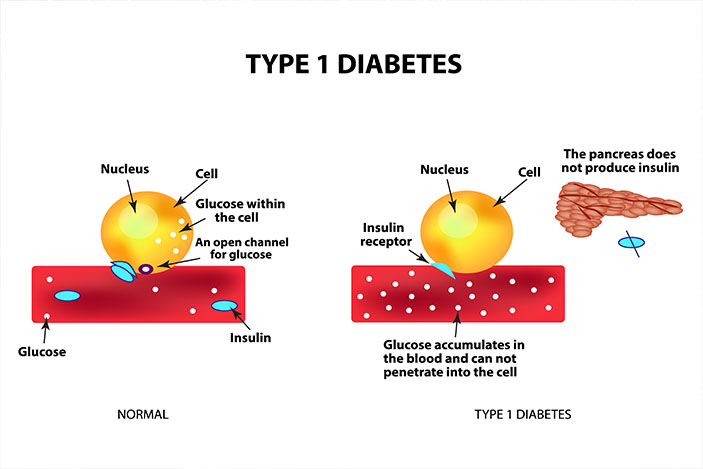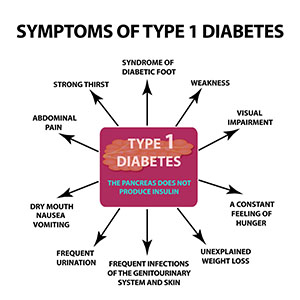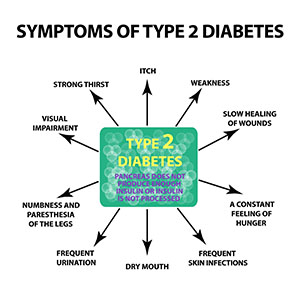DIABETES is a silent killer.
It does not show significant symptoms in the early stages. In fact, one in three diabetics is unaware that he or she has diabetes. When left untreated, diabetes can lead to potential complications such as kidney damage, stroke and heart disease.
According to the Ministry of Health (MOH), diabetes (also known as diabetes mellitus) is the second leading cause of morbidity and mortality in Singapore. As reported by MOH, there are more than 400,000 Singaporeans living with diabetes.
One in three Singaporeans has a lifetime risk of getting diabetes and the number of those with diabetes is projected to reach one million by 2050.
What is Diabetes?
Diabetes is a long-term illness characterised by high blood glucose (sugar) levels in the body.
For a diabetic patient, the insulin produced in the body is either lacking or the body is not responding well to the insulin produced. As a result, the patient is not able to fully utilise the glucose in the bloodstream for the cells that make up our muscles and tissues.
There are three major types of diabetes namely Type 1 Diabetes, Type 2 Diabetes and Gestational Diabetes. Type 1 Diabetes usually occurs in childhood or adolescence. However, it can also develop in adults. In this case, the body is unable to produce sufficient insulin due to damaged pancreatic cells.
Type 1 Diabetes usually occurs in childhood or adolescence. However, it can also develop in adults. In this case, the body is unable to produce sufficient insulin due to damaged pancreatic cells.
Type 2 Diabetes is the most common form of diabetes and is often affected by lifestyle factors such as diet, weight and genetics. In this case, the insulin produced is not enough or not effective as the body is starting to show resistance to it

Gestational Diabetes occurs only during pregnancy when women who have not been diagnosed with diabetes before showing high blood glucose levels.
Although this does not mean the baby will be born with diabetes, specialised obstetric care is needed to avoid affecting the baby’s health.
The Silent Killer
Dr John Cheng, head of primary care and family physician at Healthway Medical Group said, “Diabetes is a silent killer.
“It is common for people to feel normal and healthy while the disease is progressing. Some of the symptoms indicated above may be early signs of possible diabetes or prediabetes condition.”
Delay in diagnosis or seeking treatment can lead to serious complications such as blindness, heart disease and kidney failure. Hence, increase public awareness, education and regular screening for diabetes are crucial.

You Might Also Like To Read:
The Treatment Of Ankle Sprains
The Good And Bad Of Cholesterol
Screening and Diagnosis
There are three different forms of blood tests that can help to determine if you have diabetes,
Random Blood Glucose Test
A blood sample is taken without the need for fasting. A random blood glucose of greater than 11.1 mmol/L with symptoms is indicative of diabetes.
Fasting Blood Glucose Test
Fasting blood sugar levels are normally measured after fasting for at least 8 hours prior to the test. A blood sugar level of 7.0 mmol/L or higher on two separate occasions is indicative of diabetes.
Oral Glucose Tolerance Test
In this test, a fasting blood glucose test will be taken before you are asked to drink a standard amount of a sugary drink. A fasting reading of 7.0 mmol/L or a glucose reading of > 11.1 mmol/L two hours after this drink is indicative of diabetes.
What Are The Treatment Options?
Diabetes cannot be cured, but it can be controlled with lifestyle modifications and prescribed medication.
Lifestyle Factors
- Eating healthily and have a balanced diet
- Weight management
- Regular exercise (Consult a doctor for a suitable exercise programme)
- Quit smoking
- Limit alcohol intake
- Go for regular check-ups
- Stress management
The Healthy Way is a regular health series developed for STORM.SG by Healthway Medical. If you have specific queries, please do email us at health@storm.sg and we will ask the panel of experts for their advice. Do note that only selected queries will be addressed.
Medication
- Medication, prescribed by a doctor, can help achieve better control of blood glucose. However, medication does not substitute for a balanced diet and regular exercise
- Insulin injections
- Yearly eye and foot check-up
- Annual flu vaccination
- Yearly dental check-up.

Dr John Cheng is the Head of Primary Care and Family Physician at Healthway Medical. Dr Cheng has a special interest in chronic disease management and dermatological conditions.
Images: Shutterstock
























